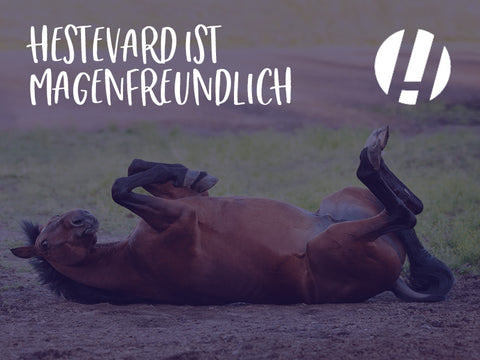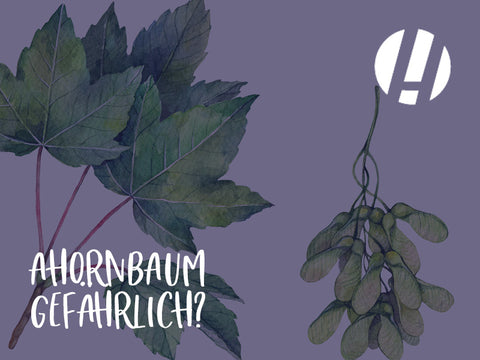While horses eating sand is not commonly thought of as a regularly occurring event, sand ingestion can be a serious risk for horses grazing on sparse paddocks or sandy arenas.
Horses do in fact ingest a certain amount of sand and dirt from their environment all the time, however, when the ground is very dry and the grass is struggling during the heat of the summer, horses will consume sand particles which can cause all sorts of problems including diarrhoea, weight loss, colic, and can even lead to a complete gastrointestinal tract obstruction.
These symptoms can be the result of many other things, so it is important that a vet diagnoses your horse quickly so that the proper treatment can be sought.
Ingested sand, grit or dirt is a problem as it disturbs the luminal mucosa of the gastrointestinal (GI) tract- the luminal contents include digestive enzymes, food particles, bile, and gut bacteria.
Over time, this irritation within the GI causes inflammation which leads to decreased motility. Lack of normal motility causes the movement of food, travelling from the stomach, small and large intestine, and out of the body, to slow down. This then affects the microflora in the hindgut and causes a vicious circle as the amount of sand accumulates.
Treatment
Colonaid is specifically designed to assist the passage of sand particles through the gastrointestinal system. The product contains high levels of psyllium husk, a form of fibre that becomes gelatinous when in contact with water which helps to dislodge sand granules. It also contains Bentonite, a form of absorbent clay, which assists in the elimination of toxins and supports healing within the digestive tract.
This product is highly palatable and when fed for 8 consecutive days per month, it prevents the build-up of sand in the gut. This greatly minimises the risk of sand-related health problems. Colonaid is easy to incorporate into a feeding routine, is competition safe, and supports the normal digestive health of horses grazing on sandy pastures.




